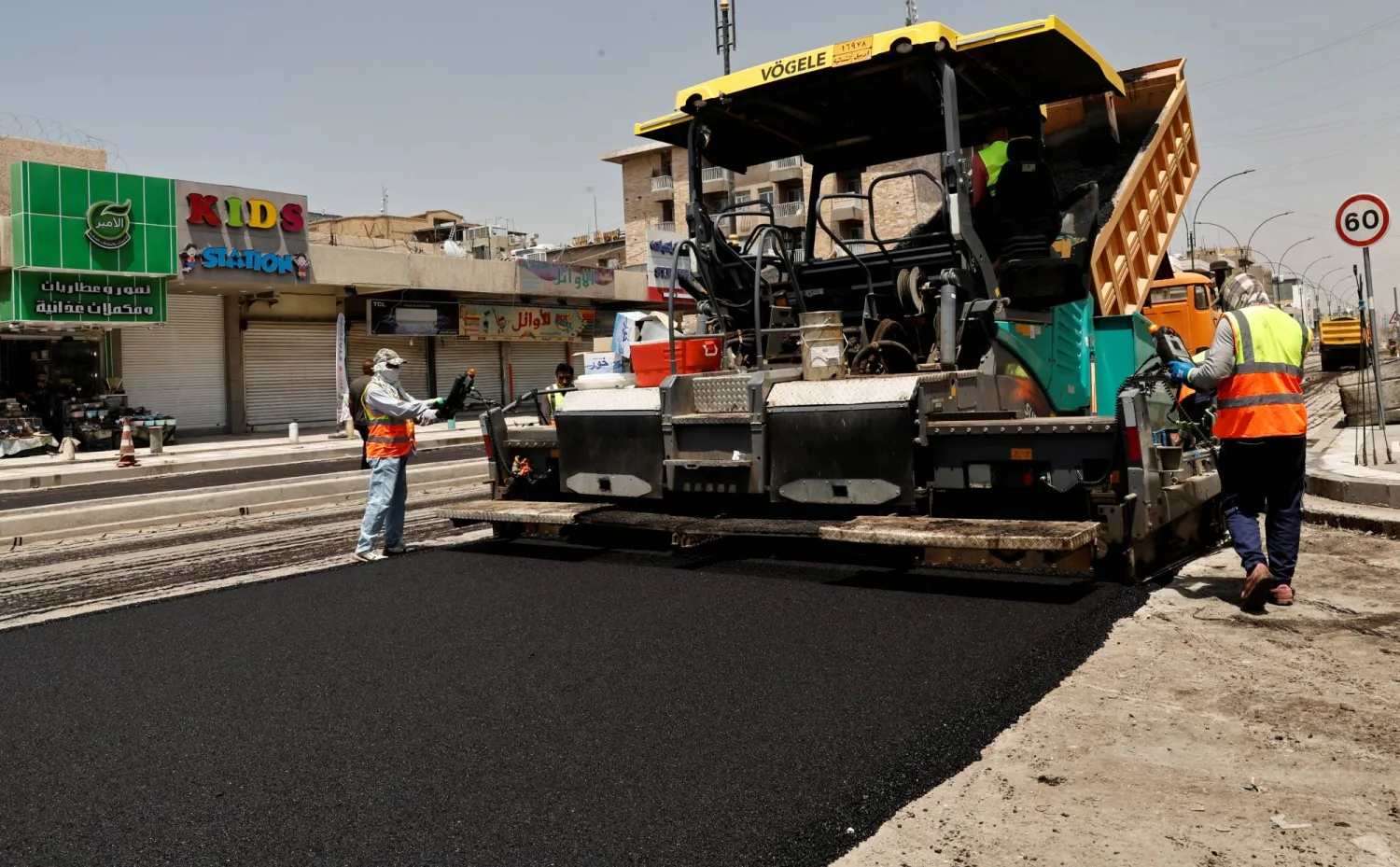Shareholders of the European Bank for Reconstruction and Development have approved its expansion to sub-Saharan Africa and Iraq and will consider a proposal to boost its capital by 3-5 billion euros, the bank said on Thursday.
The bank said in a statement that a detailed proposal on a paid-in capital increase will be prepared by the end of this year.
EBRD said Tuesday that inflation has peaked in emerging Europe, central Asia and north Africa, but rising gas prices in the coming winter will keep pressure on household finances.
Consumer price rises in the EBRD's region - covering some 40 economies and stretching from Kazakhstan to Hungary and Tunisia - peaked at 17.5% in October and have come down to 14.3% in March, the bank's latest regional economic outlook report found.
Some central banks even reduced policy rates as growth outlooks weakened, the EBRD noted, though pressure on many people's finances was far from over.
European gas prices remain above the 2017-2021 average levels and exceed the US price of gas by a factor of six.
More than a half of households in the EBRD region were "living from paycheck to paycheck," according to preliminary data from a joint survey with the World Bank conducted October-April. If they lost their main source of income, 59% of those households would be able to cover basic expenses for less than a month.









